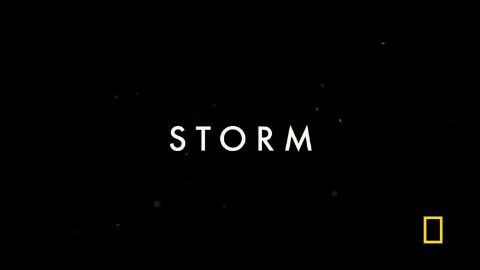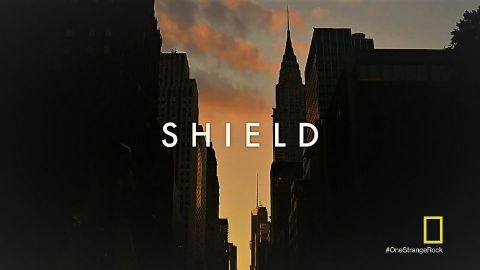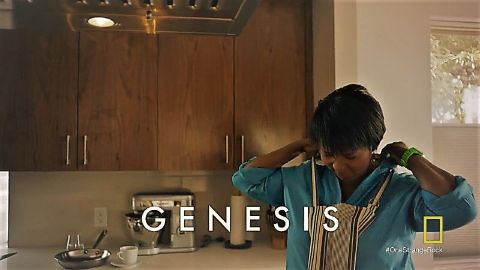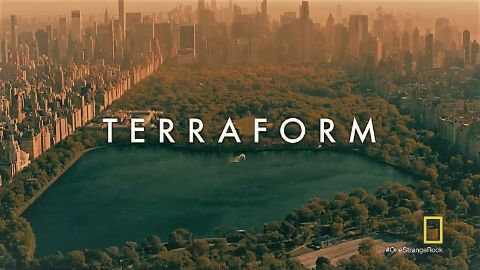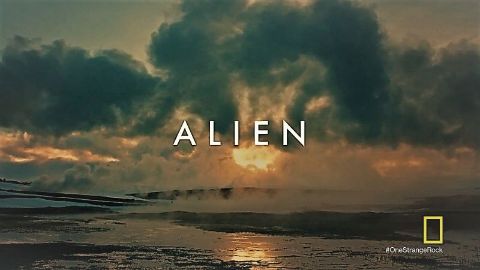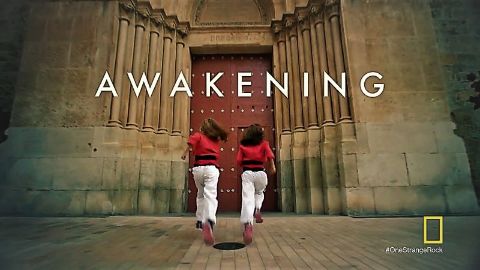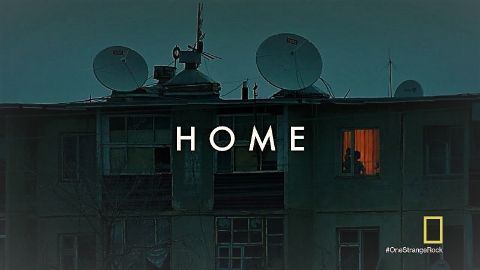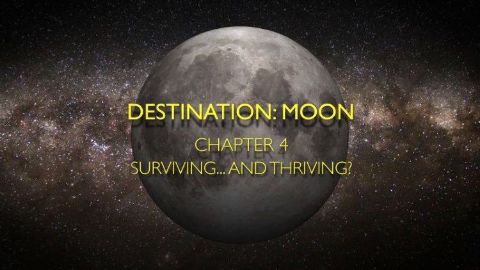Home • 2018 • episode "10/10" • One Strange Rock
After 665 weightless days in space, NASA's most experienced astronaut, Peggy Whitson, smashes through the atmosphere on her last journey home to planet Earth. With unprecedented filming on board the ISS during Peggy's final mission and with the support of our other featured astronauts, we reveal how their time in space transforms their understanding of our planet's wonders, insights that will change our perspective, too. There is no place like home. Or is there? Just how strange is our rock, and is it really unique in the universe? Astronaut host – Peggy Whitson.
Make a donation
Buy a brother a hot coffee? Or a cold beer?
Hope you're finding these documentaries fascinating and eye-opening. It's just me, working hard behind the scenes to bring you this enriching content.
Running and maintaining a website like this takes time and resources. That's why I'm reaching out to you. If you appreciate what I do and would like to support my efforts, would you consider "buying me a coffee"?
Donation addresses
BTC: bc1q8ldskxh4x9qnddhcrgcun8rtvddeldm2a07r2v
ETH: 0x5CCAAA1afc5c5D814129d99277dDb5A979672116
With your donation through , you can show your appreciation and help me keep this project going. Every contribution, no matter how small, makes a significant impact. It goes directly towards covering server costs.

